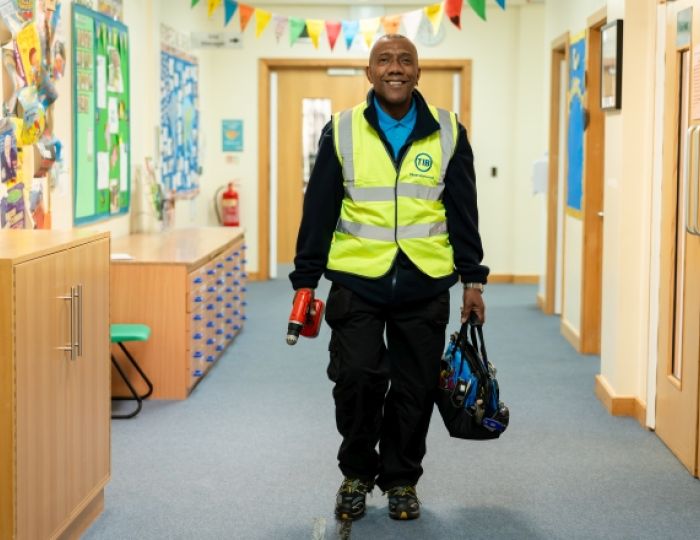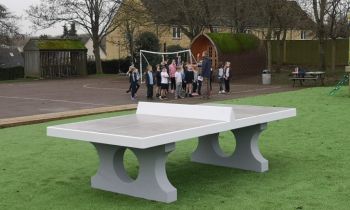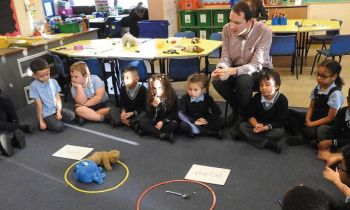With the rise in awareness regarding race and gender equality over the past year, it is a perfect time to rewrite your school’s curriculum, to ensure it reflects a rich global history and citizenship.
It is important that children see themselves, their heritage, their cultures, their religions reflected and taught. Not as a tokenistic celebration day or week, but weaved throughout the curriculum.
The curriculum should include a well-rounded British history, including Black British history, British Asian history, women’s history, LGBTQIA+ history and role models from all of the above.
Curriculum should teach social justice, sustainability, human rights and develop children’s voices and confidence to articulate and justify their thoughts. Developing children’s voices raises awareness and empowerment, particularly in marginalised communities and promotes empathy.
Does the curriculum reflect the local community? Do we teach role models from a broad spectrum of abilities, races, ethnicities, sexualities, genders and religions? How well-rounded will a child leaving my school be?
Of course, writing a curriculum based solely on the local community and not encompassing those from different communities is not helpful either. Children need a broad spectrum of local, national and international history and issues.
A blank whole school curriculum map can be equal parts exciting and daunting. Take it step by step. Here’s a few tips on how to start.
Local history
Look at your cohort and local community: ethnic breakdown, different religions, abilities and culture. Ensure there are projects for history, geography or literacy reflecting the cultures and backgrounds in your cohort.
Use your local community for expertise. Get parents, carers, faith leaders, charities, local services and businesses, in to speak to and inspire the children. Get out and about and involved in community issues and events.
National history
Irrespective of your cohort we are a diverse nation and the best way to improve empathy and reduce discrimination in all its forms is through education. A rich study of national history cannot be crammed into one year but ensure that by the time a child leaves your school, they’ve had access to an inclusive national history.
Some suggested study areas for British history that extends pupils’ chronological knowledge beyond 1066: the Windrush, migration to Britain through time, Emmaline Pankhurst, women’s suffrage, London Olympics and Paralympics, Olive Morris, Mary Seacole, women in parliament.
International history
Obviously it is impossible to encompass the world’s history into a primary school curriculum, but ensure that your studies of a non-European society contrasting with British history are varied across the year groups.
Even though Ancient Benin and Baghgdad are suggested on the national curriculum, I’ve rarely seen them appear on curriculum maps. When studying the World Wars, look at the black soldiers who fought both for Britain and in Britain.
Be sure to include freedom fighters from all walks of life when studying historical role models: Harvey Milk’s fighting for gay rights, Emmanuel Ofosu Yeboah who brought the world’s attention to the fact that disability does not mean inability.
Geography projects
Take a look at the UN Sustainability Goals. These are a collection of 17 goals set by the United Nation to achieve a “better and more sustainable future for all”.
These are:
- No Poverty
- Zero Hunger
- Good Health and Well-being
- Quality Education
- Gender Equality
- Clean Water and Sanitation
- Affordable and Clean Energy
- Decent Work and Economic Growth
- Industry, Innovation and Infrastructure
- Reducing Inequality
- Sustainable Cities and Communities
- Responsible Consumption and Production
- Climate Action
- Life Below Water
- Life On Land
- Peace, Justice, and Strong Institutions
- Partnerships for the Goals
These are a fabulous resource to teach children relevant geography deep rooted in activism for a better world.
Another great resource is Oxfam’s education resources for global citizenship.
Post Covid really is a chance to start again. To develop new ways of working, to shake up the curriculum and to be part of building a better global community through rich, inclusive and diverse education.
Let’s shake things up. Let’s make sure the next generation is more tolerant, empathetic and able to critically think and voice well-rounded views.
Sarah Wordlaw is deputy headteacher at Comber Grove Primary School in Camberwell, London.










